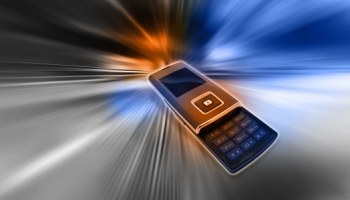LTE To Beat WiMax In 4G Race

LTE is expected to pass WiMax as the worldwide 4G flavour of choice by 2012, a report has revealed
Worldwide subscribers to LTE (Long-Term Evolution) are expected to exceed those of rival 4G technology WiMax by 2012, according to a report from research firm IHS iSuppli.
While WiMax, which Sprint began offering in 2008, has had a significant head start, LTE is expected to have nine times as many subscribers as WiMax by 2014.
“With WiMax enjoying a two- to three-year head start in next-generation network deployments, it presently enjoys a major advantage in market share in the 4G segment,” said IHS principal analyst Francis Sideco in a statement.
“However, with LTE supported by most of the leading wireless operators worldwide, it will rise to surpass WiMax in 2012 and then dominate worldwide during the following years.”
50m subscribers by 2012
 According to IHS iSuppli, WiMax finished 2010 with 6.8 million subscribers, while LTE had just 700,000.
According to IHS iSuppli, WiMax finished 2010 with 6.8 million subscribers, while LTE had just 700,000.
In 2011, WiMax is expected to remain ahead – totaling 14.9 million to LTE’s 10.4 million – but by 2012 LTE will grab a significant lead, totaling nearly 50 million subscribers to WiMax’s almost 22 million.
It will then climb to an expected 303.1 million, while WiMax inches to 33.4 million in 2014.
To date, around ten LTE operators have reportedly launched worldwide, with more than 30 expected to go live this year. In Europe, carriers TeliaSonera and Vodafone have been major proponents of LTE.
4G definition
IHS iSuppli acknowledges the varying “industry vernacular” for 4G, and that the International Telecommunications Union doesn’t consider WiMax, LTE or HSPA+ to be true 4G.
For all intents and purposes, however, all three have been accepted as such.
“Regardless of how they are categorised,” states the report, “this set of next-generation mobile wireless standards is characterised by very high data-transmission speeds, flexible width channelisation and perhaps, most importantly, low-latency packet transfers.”
While 2G and 3G will very much still be in use around the world, states the firm, “the race is on to determine which 4G technology will provide the expected performance and enhancements from day one.”